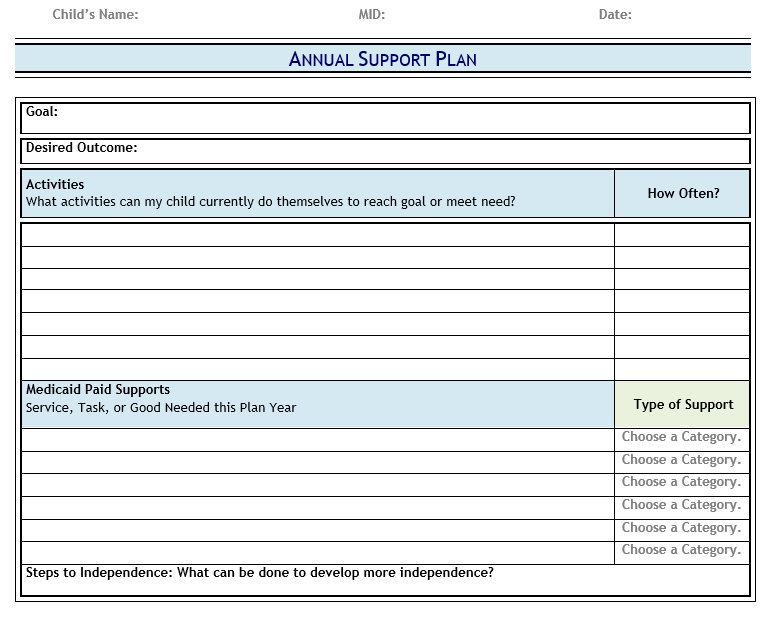I think one of the biggest mistakes that can happen in behavioral intervention and community support services is a lack of building rapport or “pairing” with a new client. While I appreciate a provider who wants to start driving change right away, pairing is an important success factor in service provision. Many studies (Behavioral Analysis in Practice 2017, Journal of Early Intensive Behavioral Intervention 2007, Behavioral Interventions 2015, etc.) have recognized the importance of building rapport prior to starting intervention. Several have also found an importance in client pairing at the beginning of each session.
The term “pairing” comes from the act of connecting ourselves with reinforcing items or activities. According to HowToABA.com, “Pairing is the first step when you begin working with a new client… Your goal should be that the client wants to see you - your presence is not just tolerated, but actually enjoyed!”
AppliedABC.com explains “if an unfamiliar adult walks into your session without taking the time to pair with the child and then begins making demands, it’s likely that the child may engage in problem behaviors or avoid the adult entirely to show their discomfort.”
I witnessed this issue firsthand with my youngest child. He was starting behavioral intervention with a provider he had never met before. The provider had a lot of experience and strengths in plan development, setting boundaries and even engagement, however, we both were of the mindset that she should jump right into intervention. This backfired and my son became very defiant and disrespectful toward her.
The second time that we hired a provider, we decided that the first week or so should be exclusively dedicated to pairing. My son bonded with the provider before expectations were introduced and new skills were being taught. This built a foundational relationship based on trust and formed an impression within him that intervention was “fun”.
I asked a few intervention providers to share their experiences and perspectives about pairing. Here’s what they had to say:
“Pairing is the foundation of behavioral intervention - It is a continuous form of building trust and advocacy for our learners.”
“Pairing is about building and maintaining a rapport between two people. It helps (future) boundary setting and demand requests.””
Additionally, pairing provides opportunities to cultivate and explore curiosity, which facilitates relationship and learning.
“Everyone has experienced less-than-fulfilling interactions where someone just talks at you versus with you... It is the opposite that supports our feelings of kinship with others...
When someone is curious about you and you are curious about them, you gain that back-and-forth feedback system that has a synchrony, feels good, and is energizing...”
If you’re struggling to come up with ideas for building client rapport, here are a few suggestions:
Observe them and see what they enjoy
Participate in a preferred activity with them
Repeat back what they said, so they know that you heard and understood them
Talk about a subject they enjoy
Have fun (play a game, be silly, use humor)
Show empathy and compassion
I would love to hear how pairing has helped in YOUR intervention sessions or work with clients. Please share your best practices in the comments below.




















